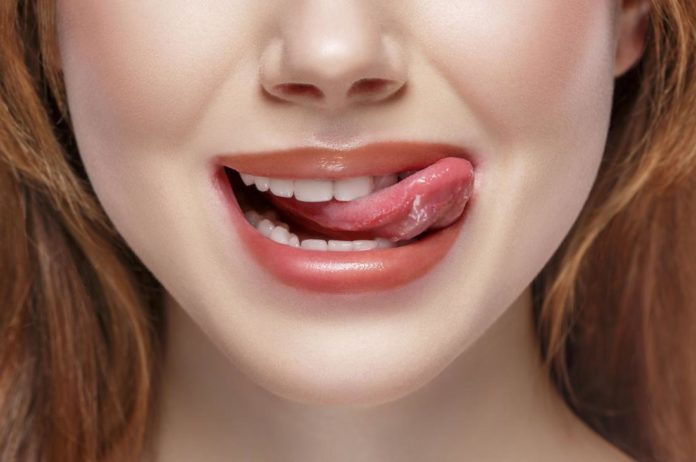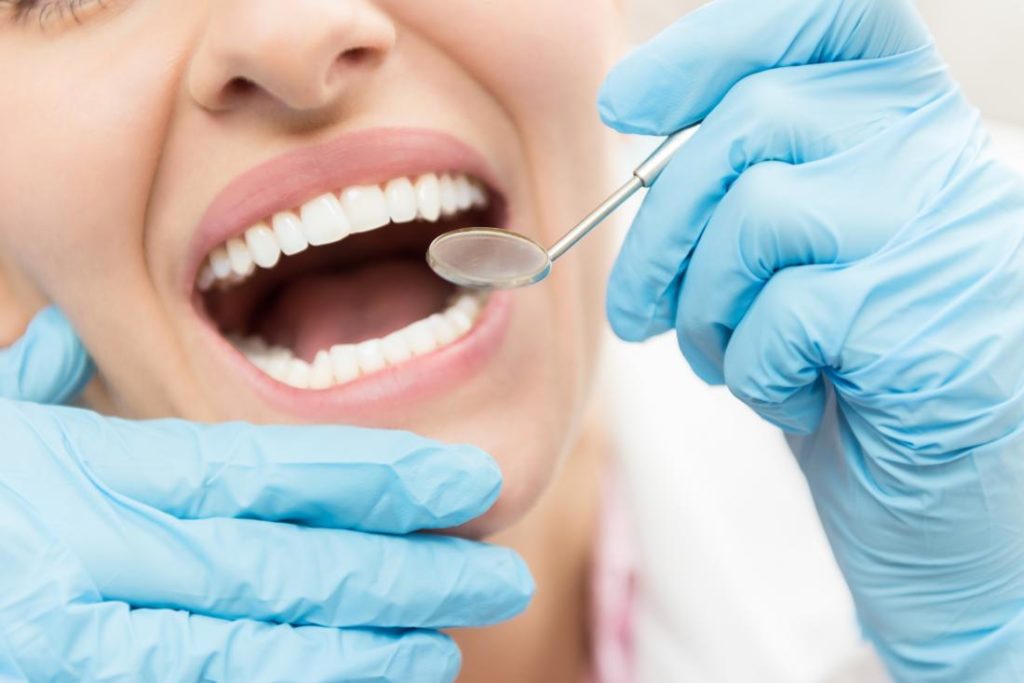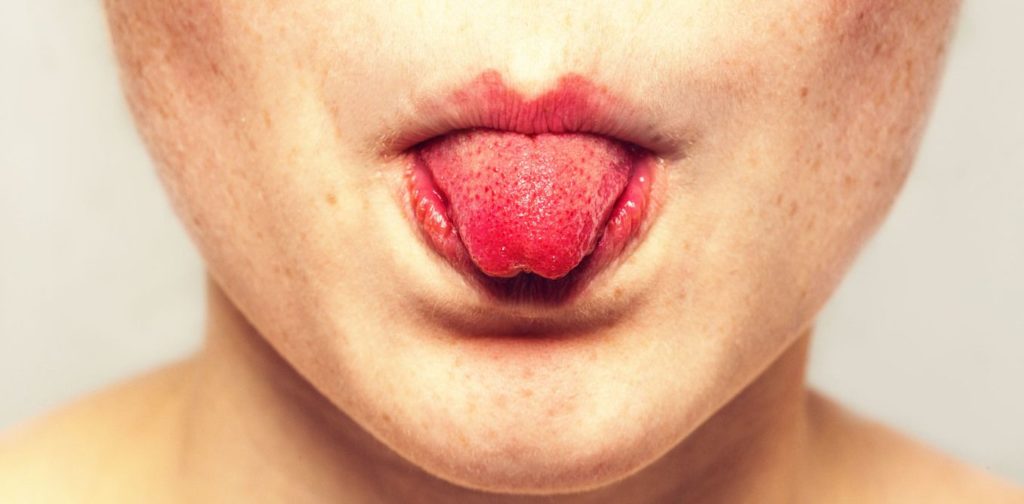
Eating sweet or sugary foods can leave a temporary aftertaste in the mouth. However, having a persistent sweet taste in the mouth may be a more serious condition. This can be a signal of a body that has trouble regulating blood sugar, which may happen be due to diabetes. There is also a range of other possible causes for this issue.
Causes
Unlike an aftertaste caused by eating foods containing artificial sweeteners or sugar, a persistent sweet taste is usually caused by an underlying medical condition. These conditions may be serious and often will require medical attention, so it is crucial to receive a proper diagnosis.

Diabetes
Diabetes is a frequent cause of sweetness in the mouth. Diabetes affects how well a body can use its insulin, which has a direct effect on the body’s control of blood sugar. Uncontrolled diabetes can result in very high levels of sugar in the blood. This is why diabetes can cause a sweet taste in the mouth and is usually accompanied by various other symptoms.
Additional symptoms include:
- Reduced ability to taste the sweetness in foods
- Excessive thirst
- Excessive urination
- Fatigue
- Blurred vision
If you want to know more causes for a sweet taste in the mouth, we recommend you check out itsmyownway.com
Diabetic Ketoacidosis
Diabetes may also cause a serious complication known as diabetic ketoacidosis. This happens when the body can’t use the sugar for fuel properly and starts using the fat instead. This causes a reaction where an acid called ketones starts to build up in the body. Excess ketones in your body may cause a fruity and sweet smell and taste in the mouth. This complication can cause other symptoms like:
- Confusion
- Constant thirst
- Extreme fatigue
- Vomiting and nausea
- Abdominal cramping

Low carb diet
People who are very low in carbohydrate may find that they develop a sweet and fruity taste in the mouth. Carbohydrates are a very common source of fuel for the body and eating food without them makes the body burn the fat instead. This process is called which is similar to diabetic ketoacidosis. This process also builds up ketones in the bloodstream, which results in a sweet and fruity taste in the mouth. If you want to do a low-carb or keto diet make sure you first get proper guidance from a healthcare professional or a nutritionist. Getting advice might help you prevent harmful levels of ketones in your body.
Infections
Certain bacterial infections c may also cause a sweet taste in the mouth. People who have had a stroke or who experience seizures may have sensory dysfunction. This can affect their senses, including smell and taste.
The outcome of this damage can be very complex and may be different from person to person. In some cases, people may experience a sweet taste in the mouth that comes and goes while others may have that taste never go away.
Pregnancy
Pregnancy is also a common cause of a sweet taste in the mouth. Pregnancy changes hormone levels and the digestive system which can affect the smell and taste. Pregnant women can experience unexplainable metallic or sweet tastes in the mouth.














